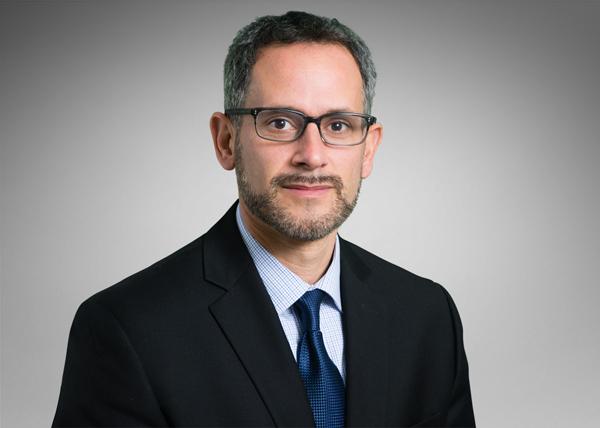Scott Danzis spoke with BioWorld about the uptick in coronavirus testing by the FDA and CDC. Mr. Danzis says that while the FDA and the CDC struggled to move testing forward in the early days, “things have shifted dramatically” since that time. He adds that the issue of FDA regulation of lab-developed tests is of long standing, but that the Verifying Leading-edge IVCT Development (VALID) Act, first proposed in December 2018, has at least some support from the clinical lab community.
“I think we should probably avoid taking away specific lessons from this situation,” in terms of what should be a regulatory scheme in a more normal situation, he says. However, he added that any legislative response “needs to be carefully tailored” to ensure there can be rapid rollouts of countermeasures in a public health crisis.
Regarding items such as N95 masks, he says, “what the agency is trying to do is work with companies to ensure that what is produced is to specifications.” However, “they do relax the quality systems requirements in this time of emergency,” he adds. There are masks available that are manufactured under regulations administered by the National Institute for Occupational Health and Safety, which are not intended for medical settings, but rather are for uses such as construction work.
“That’s not to say they don’t have standards attached to them,” Mr. Danzis says, but federal government agencies are more comfortable deploying them in this situation than would otherwise be the case. The CDC has updated its recommendations to state that such a face masks would be acceptable for health care professionals when an N95 respirator mask is unavailable. He says that a manufacturer simply needs to document a NIOSH authorization for the mask.
The updated FDA policy on testing allows the states to oversee testing during the COVID-19 crisis, but he says, “I think there are some questions that need to be worked through.” He noted that while the state of New York has a long history of regulation, not all state governments are thus staffed, and consequently, “it remains to be seen which states will exercise this authority.” Those states do have options, however, such as using the test authorization scheme in place in New York as a method of enabling testing capacity.
Back
Back




